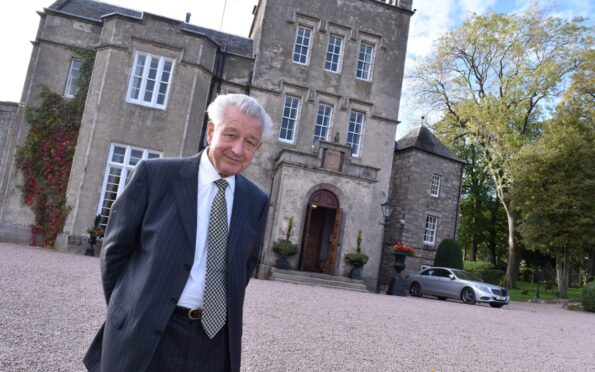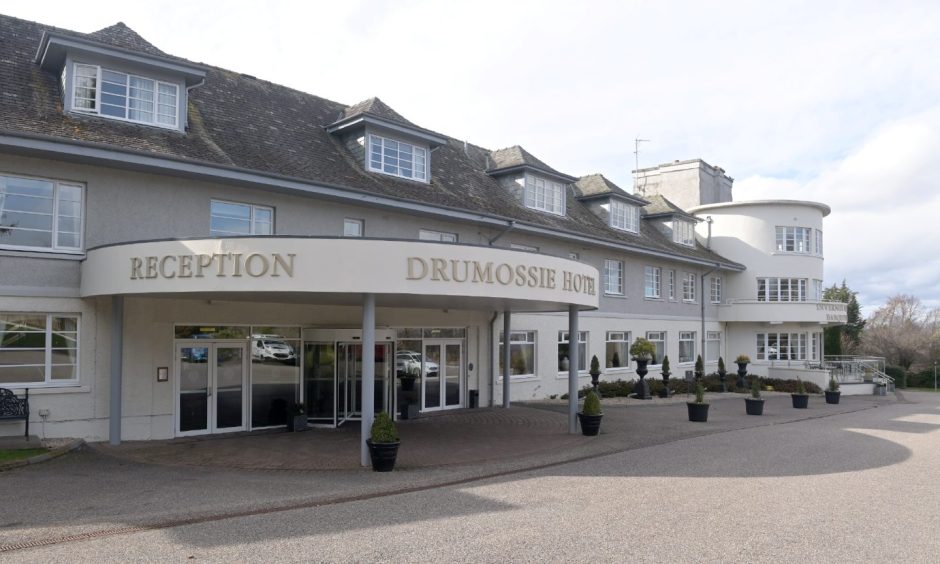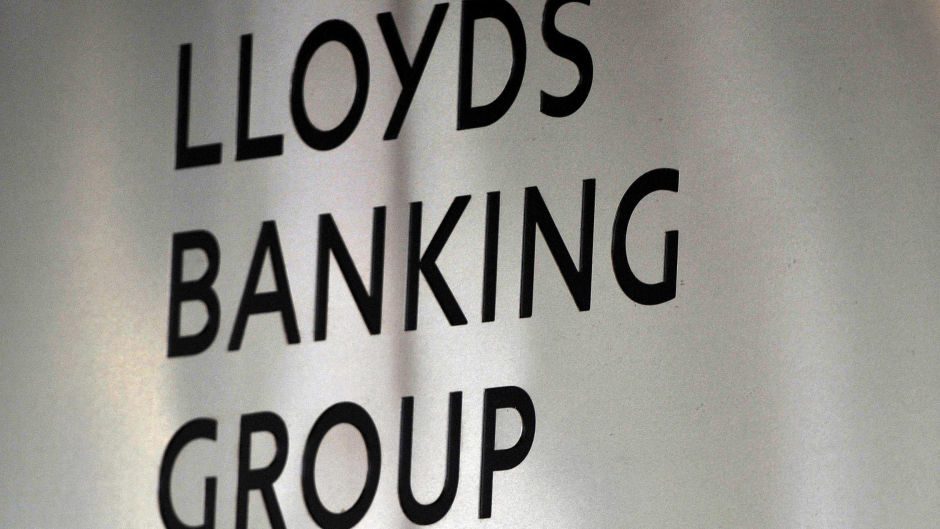A renowned Highland hotel firm has lost its court bid against a bank that insulted its boss – and now faces a £11.6m bill.
Macdonald Hotels Ltd (MHL) – which owns hotels and resorts across Scotland – took the Bank of Scotland to court and the expletive-laden emails were divulged during the disclosure process.
Bank of Scotland staff labelled MHL’s founder director Donald Macdonald “Bonnie Prince Charlie fighting London”.
They accused him of having an “islander mentality” and vowed not to “take any s***t” from him.
Mr Macdonald believed the bank exerted undue pressure on his company to sell properties.
So his hotel chain attempted to sue the bank for up to £118 million.
MHL, which runs the Macdonald Aviemore Resort, Norwood Hall in Aberdeen and Pittodrie House near Inverurie, borrowed money from Bank of Scotland.
‘Bank did not act in bad faith’
A 13-day court case took place at the end of last year in the High Court in England.
The judge in the case, Mark Pelling, KC, has now published his judgement.
A key point in the case revolved around instances where the bank made decisions affecting the bank itself.
MHL argued the bank was obliged to act in good faith and ensure decisions benefitted MHL regardless of how they would impact the bank.
However, Judge Pelling ruled bank bosses were not required to prioritise MHL’s interests over its own.
Judge Pelling said: “There is nothing in the bank’s approach…that could be characterised as bad faith.
“Mr Macdonald’s complaint that there was a lack of constructive engagement is, in reality, a complaint that the bank maintained its position in its own best interest rather than acceding to MHL’s demands.”
Judge Pelling ruled the bank acted within its contractual rights and MHL did not prove wrongful conduct.
‘Hurtful and inappropriate’ comments
MHL had claimed the bank acted dishonestly by insisting MHL reduce its debt but Judge Pelling disagreed.
The judge dismissed some aspects of the legal claim as they were submitted too late or due to previous waivers that had been signed.
Despite the bank’s victory, Judge Pelling took a dim view of its staff.
He referred to some comments they made about Mr Macdonald, including one email in which they called him “the enemy.”
The judge said: “Mr Macdonald is fully entitled to object to bank officials referring to him in these terms.
“It was hurtful, inappropriate and unprofessional.
“However, while it represents an error of judgment..it reflects a degree of frustration that had developed.
“This was as a result of what was perceived to be intransigence on the part of MHL led by Mr Macdonald.
“It does not support the contention that the bank acted in bad faith.”
£11.6m pay out
Following the decision, the bank said it had incurred £19.3 million in expenses.
Judge Pelling ruled: “I direct that the payment on account should be 60% of the total sum claimed by the bank.
“I calculate that sum to be £11.6m, which is the payment I direct MHL to pay.”
Judge Pelling suggested that decision was due to the weakness of MHL claim during the court case.
He also pointed to the fact that MHL withdrew some claims during the hearing and “abandoned” some claims “without explanation”.
The judge also said MHL had failed to grapple with some legal points and failed to review the claim as progressed.
Judge Pelling added that MHL had made allegations without setting out relevant facts and had rejected the bank’s offer to settle the hearing out of court before the hearing.
‘Claim was without merit’
A spokesman for Lloyds Banking Group, which owns Bank of Scotland, said: “We welcome the court’s decision in favour of Bank of Scotland in this long-running case.
“The decision confirms our view that this claim was without merit.”
An MHL spokesman said: “While we are of course disappointed by the outcome, we have been vindicated in a number of the allegations we have made.
“The bank was found to have acted on occasion in an inappropriate, unprofessional and gratuitously offensive manner.
“It was also found to be clear that the information barrier that existed between the bank’s joint-venture relationship team and its banking team did not work well in some instances and for some periods.
“The judge considered that might have been or be an internal managerial or regulatory concern.
‘Unit targeted most successful partner’
“As a result of the litigation, we now know that, along with all of the bank’s joint-venture partners, MHL was put into the so-called business support unit immediately after Lloyds merged with HBOS with the express purpose of getting joint-venture debt off the balance sheet as quickly as possible.
“The bank’s witnesses further confirmed that the bank did not at the time give any consideration to the terms of the joint-venture agreement in place and that the business support unit first targeted the most successful joint-venture partners with the highest levels of equity.
“We were also successful in that the court found in our favour on the implication of an implied term that the bank did not have an absolute right to refuse its consent to a change in the security provided.
“We are very grateful for the efforts of our outstanding legal team, and will imminently be seeking permission to appeal.”



